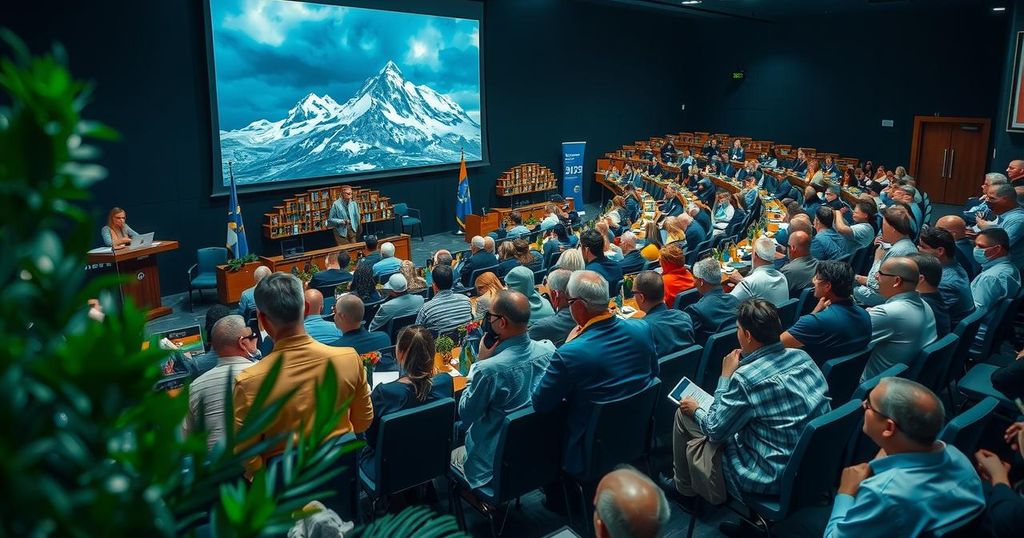UN Climate Conferences: A Legacy of Challenges and Unmet Expectations

Negotiators at the UN climate talks in Baku are facing difficulties in reaching an agreement, following a trend of unsuccessful past conferences. Historical failures, notably COP6 in The Hague and COP15 in Copenhagen, illustrate the complex dynamics that often impede consensus. Most recently, COP16 on biodiversity ended without a decision on funding commitments, reflecting ongoing challenges in climate diplomacy.
Recent UN climate negotiations in Baku have faced challenges in reaching a consensus, a recurring theme since the inaugural conference in 1995. Historical instances, such as COP6 in The Hague, reveal that disputes can lead to substantial delays in progress. COP6 experienced a suspension due to debates over land use credits necessary for emission reductions mandated by the Kyoto Protocol. Following the election of George W. Bush, who rejected the Kyoto Protocol, momentum shifted dramatically, ultimately prompting significant climate actions from the European Union and other countries during COP6-2 in Bonn.
The missteps of COP15 in Copenhagen further illustrate the complexities of international climate agreements. Despite the hopeful outlook following the election of President Barack Obama, the summit became emblematic of unrealized expectations. With world leaders convening, negotiations stalled as contentious debates with China regarding binding targets culminated in an inadequate agreement that merely acknowledged climate change without substantive commitments. The COP protocol requires consensus, which complicates the decision-making process, leading to inadequate resolutions in critical moments.
Most recently, COP16 focused on biodiversity faltered without a binding financial resolution to address environmental degradation. The Colombian presidency faced logistical issues, resulting in a lack of quorum as numerous delegates departed prematurely. This trend of dissatisfaction signifies the urgent need for effective strategies at future conferences to enhance collaboration and meaningful outcomes.
The UN climate conferences, formally known as the Conference of the Parties (COP), convene annually to address global climate issues. Since their inception, these conferences have often been characterized by political tensions and disagreements, which hinder consensus-building. The Kyoto Protocol and subsequent agreements represent pivotal moments in climate diplomacy, while historical failures, such as Copenhagen in 2009 and recent biodiversity talks, highlight persistent challenges. Understanding these events is crucial to framing current negotiations and anticipating future directions in climate policy.
In conclusion, the ongoing struggles at UN climate conferences reflect historical patterns of discord and unmet expectations. Baku’s recent discussions echo past failures, particularly the prominent debacles in Copenhagen and the stalled biodiversity summit in Colombia. As climate negotiations continue, the need for innovative solutions and solid consensus becomes increasingly imperative to effectively address the climate crisis. The lessons from history highlight the importance of adaptability and cooperation among nations in pursuing sustainable environmental policies.
Original Source: www.france24.com






